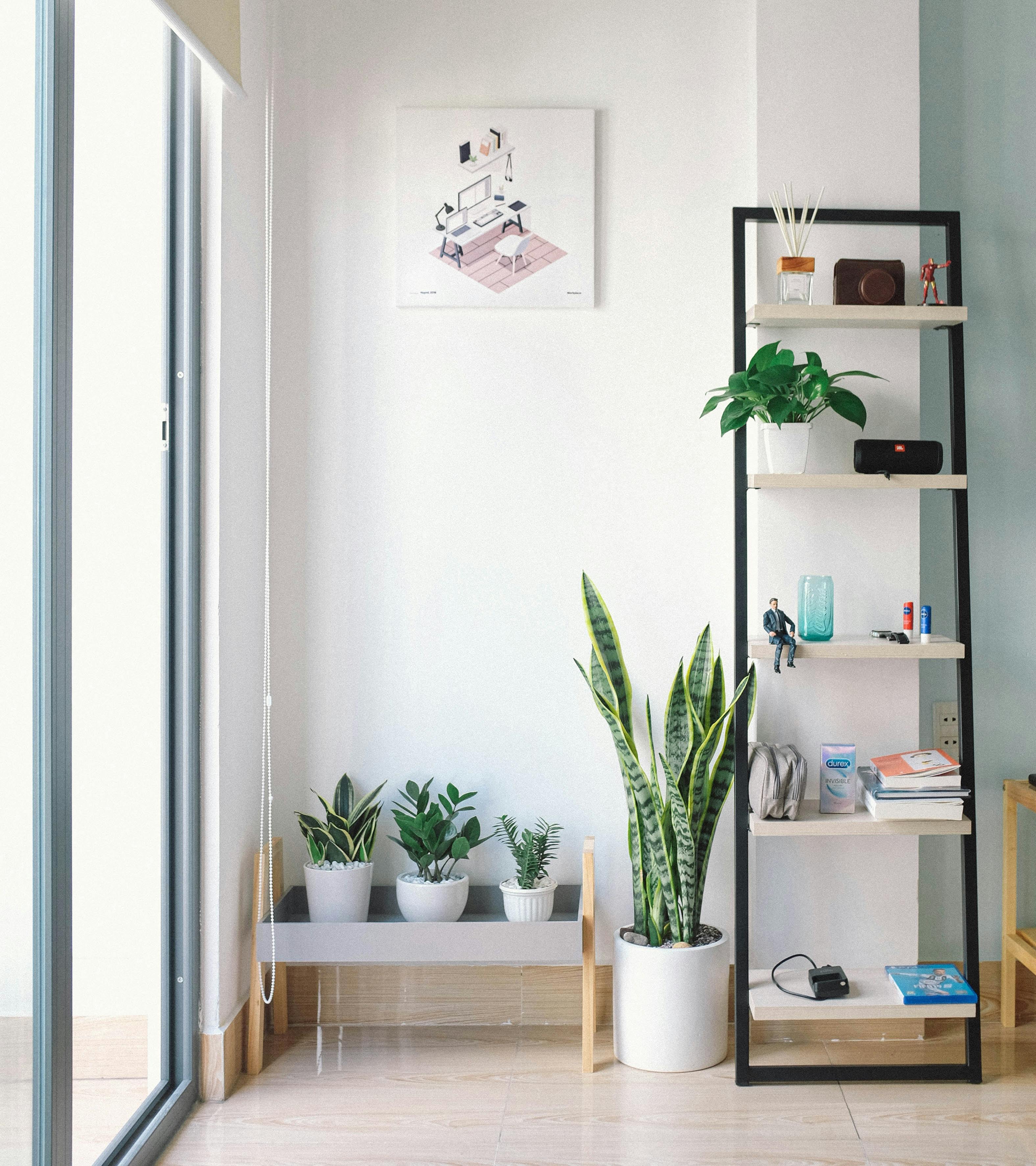
Introduction to Garden Rooms
Garden rooms have emerged as a popular concept in the realm of home improvement due to their versatility and appeal. These unique structures, often detached from the main house, offer a secluded getaway without the need to leave your property. Garden rooms have a wide range of applications; they can serve as home offices, gyms, art studios, or even guest bedrooms. But what exactly is a garden room? And what materials are typically used in their construction? This article explores the world of garden rooms, including their benefits and the materials used to create them.
Defining A Garden Room
Generally, a garden room refers to an free-standing structure built within a garden or other similar outdoor space. Sometimes confused with conservatories, garden rooms are self-contained units with a distinctly different aesthetic. While conservatories have at least one wall adjacent to the house and are characteristically marked by glass-heavy designs, garden rooms can be built anywhere on a property with a more flexible construction approach. They feature solid, insulated walls, flooring, and roofing, alongside plenty of windows and possibly a glazed elevation for natural light and garden views.
Bountiful Benefits of a Garden Room
Garden rooms come with a wide variety of benefits that justify their increasing popularity.
1. Versatility: Garden rooms can be tailored to suit various functions based on an individual's needs, from a tranquil home study space to a vibrant entertainment room.
2. Additional Space: For homeowners looking for ways to add extra living space without necessarily extending their home, garden rooms are an ideal solution.
3. Value Addition: Garden rooms not only provide functional space but also add substantial value to a property, potentially increasing its resale price in the future.
4. Therapeutic Environment: The charm of a garden room lies in its connection with nature. It's a space where you can de-stress and improve your mental wellbeing.
5. Year-Round Use: Unlike greenhouses or conservatories, which can become unbearably hot during summer or excessively cold during winter, garden rooms are insulated structures suitable for year-round usage.
Selecting Materials for Garden Rooms
The choice of materials for a garden room not only influences its appearance but also its longevity, maintenance needs, and insulation.
Wood: Wood is a traditional choice for garden rooms, providing insulation and a natural aesthetic. Cedar, oak, and pressure-treated softwood are popular options due to their durability and resistance to decay.
Aluminium: For a contemporary, sleek look, aluminium is preferred. It requires low maintenance and is resistant to corrosion but lacks the insulation properties of wood.
UPVC: UPVC or Unplasticized Polyvinyl Chloride is a common choice for garden room exteriors and windows due to its excellent insulation, affordable cost, and low maintenance requirement.
Composite Materials: Known for their superior longevity and low maintenance, composite materials are increasingly being used for garden room construction. They usually combine wood for natural aesthetics and plastic for durability and resilience.
Concrete: Providing a modern, industrial look to your garden room, concrete is strong and durable but might need a more complicated construction process.
Glass: Important for allowing in natural light, double- or triple-glazed glass windows and doors impact the garden room’s energy efficiency, insulation, and noise reduction.
Whether you choose traditional wood or a modern aluminium, don’t forget to consider your specific requirements, the room’s intended use, and the climate of your region while deciding on materials.
In Conclusion
Garden rooms have emerged as a phenomenal home addition, offering numerous benefits and flexibility in terms of design and material choice. Whether it's providing an intimate connection with nature, an additional living area, or enhancing property value, garden rooms are truly a versatile investment. When selecting materials, style, durability, maintenance, and insulation are key factors to keep in mind for a value-added and functional garden room. Thus, in the quest to elevate your outdoor space and create a haven of tranquillity, a garden room may be the perfect solution.